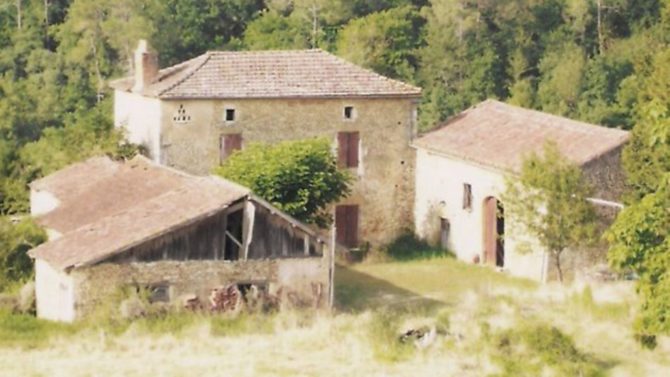Borrowing to build

Mortgage adviser Jo Cowling looks at the factors involved if you are considering taking out a loan from a French bank to fund your renovation project
Many readers of French Property News will have already commenced, or are looking for the opportunity to start, a renovation project in France. While casting your eyes elsewhere in this special renovation-themed issue, I’m sure that many more of you are catching the bug too.
Renovating a French property is always a popular option for British buyers and bargains abound, from Provence to Poitou-Charentes and everywhere in between.
There are a number of factors you should bear in mind if you choose to finance your project with a French mortgage.
BANKING ON PURSUASION
French banks are the only lending institutions that have the legal right to take a mortgage charge against real estate in France.
It is important to remember, however, that they are extremely cautious about securing a mortgage against a property which they deem to be uninhabitable. Generally speaking, an uninhabitable property is one which does not benefit from one or more of the following: mains electricity, running water, central heating, windows, doors or a roof.
If you wish to finance the purchase of such a property with a French bank, you will be required to prove that you will carry out the necessary works to sufficiently elevate the condition of your new home. This will primarily involve submitting formal estimates of the renovation works to the bank as part of the mortgage application.
You should therefore make sure that you organise these estimates at the time that you view the property and before you make an offer to buy it. The last thing you want is to have a nasty surprise at a later date about how much it will cost to raise your property to a habitable condition.
The estimates themselves must be from registered French builders, whose insurance cover will also need to be provided as part of the application. Unfortunately, the lenders will not allow you to carry out the renovations by yourself, or even employ third-party British contractors. Quite simply, the lenders will only feel reassured as to the standard of the works if they are being executed by registered French artisans.
You may also consider employing a project manager for the period that you are putting together your team of builders. In relation to the mortgage application, this can only help matters. The lender will require detailed estimates and insurance details for every action of work that you wish to finance, so having a central project manager to pull all this paperwork together for you can save you a lot of time in the application process.
CALCULATING YOUR LOAN
Most lenders will rigidly stick to a maximum loan-to-value ratio (LTV) of 80-85% of the final property value. For the renovation portion of the loan, they will never release more than 100% of the cost of the works.
Furthermore, there is an additional consideration when calculating the LTV. The bank will carry out a survey which will take into account all of the renovation work and establish an estimated final value of the property once everything is complete. The LTV restriction also applies here, meaning that the final loan must not exceed 80% or 85% of this estimated final valuation.
As you approach the completion of your purchase, do not make the mistake of expecting the entirety of your mortgage to be released when the property is signed over to you. Instead, you will be obliged by the bank to pay your entire personal contribution to the project at the outset. The bank will then release whatever funds are needed to complete the purchase itself, but nothing relating to the renovation works.
RELEASE OF FUNDS
Mortgage funds dedicated to renovations will only be sent out once the works themselves have been completed. At this stage, the builders’ invoices should be sent to the bank as proof that the renovations have been carried out. Funds will be sent out by the bank directly to the builder involved, rather than via your bank account as in the UK.
One aspect you should check up on is whether the bank charges a commission d’engagement: a fee which would result in you paying interest on any renovation funds which remain undrawn.
If you want to compare the mortgage market and find out what products are available to you – including details on which banks charge the commission d’engagement – contact a reputable, independent French broker.
They will be able to advise you on any matters which haven’t been fully explored here, all of which will take you one step closer to starting the process of turning that bargain rough diamond property into a veritable crown jewel of a residence.
Jo Cowling is head of the French team at International Private Finance
www.internationalprivatefinance.com
Share to: Facebook Twitter LinkedIn Email


